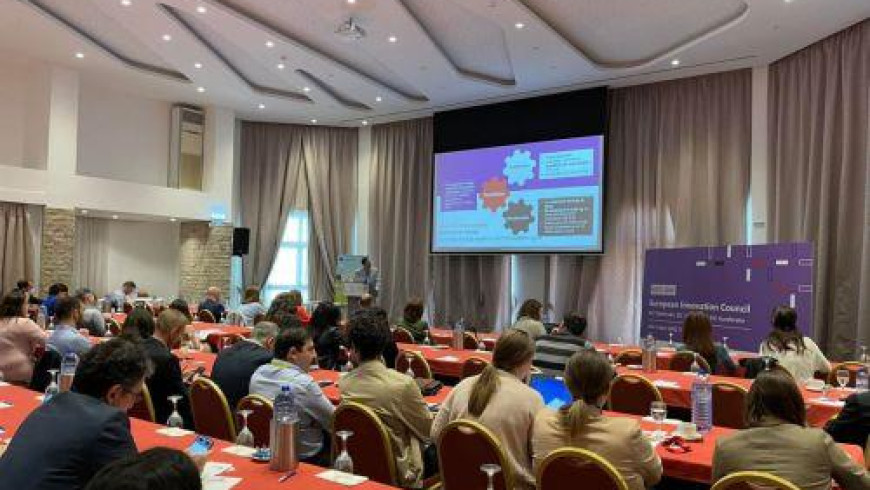
Revenue from tourism in recent years has been reduced compared to previous decades, if inflation is taken into account, according to data presented to journalists on Thursday by the Cyprus Tourist Enterprises Association (STEK).
During the meeting, the Association presented its positions on issues of tourism, as well as suggestions for a strategic plan to address the long-term problems.
STEK General Director Chrysemili Psilogeni presented data according to which, if inflation is taken into account, the revenue recorded in 2023 is reduced compared to 2001, a year considered a milestone in the sector, as it saw the culmination of the tourism industry's contribution to the local economy.
According to the data, in 2001 there were 2.7 million tourist arrivals and the revenue amounted to €2 billion. In 2023, arrivals reached €3.8 million, with revenue amounting to €2.9 billion.
The per capita expenditure of tourists in 2001 amounted to €73 per day. Based on inflation, the corresponding expenditure today should be €109. In 2023 the per capita expenditure reached €90.
According to STEK, in 2001 the average length of stay was 10.3 days while in 2023 the average length of stay fell to 8.6 days. This 18% decrease in tourists' length of stay is also reflected in their respective expenses, it was noted.
Psilogeni also pointed out Cyprus' high dependence on specific markets over time. In 2001, over 50% of tourists came to Cyprus from the United Kingdom. In 2019, a record year for arrivals, more than half of tourists were from the UK and Russia (33%-17%), while in 2023 from the UK and Israel (35%-11%).
STEK underlined the importance of expanding the tourist product in the winter months, since, according to the data presented, on a year-round basis the gross occupancy of 3, 4 and 5 star hotels amounts to 56.6% (2023), as several of them are closed in the winter months.
In summer the occupancy reaches 82%, while in winter it is limited to 17% (data for 2023).














 3287.99
3287.99 1275.09
1275.09
